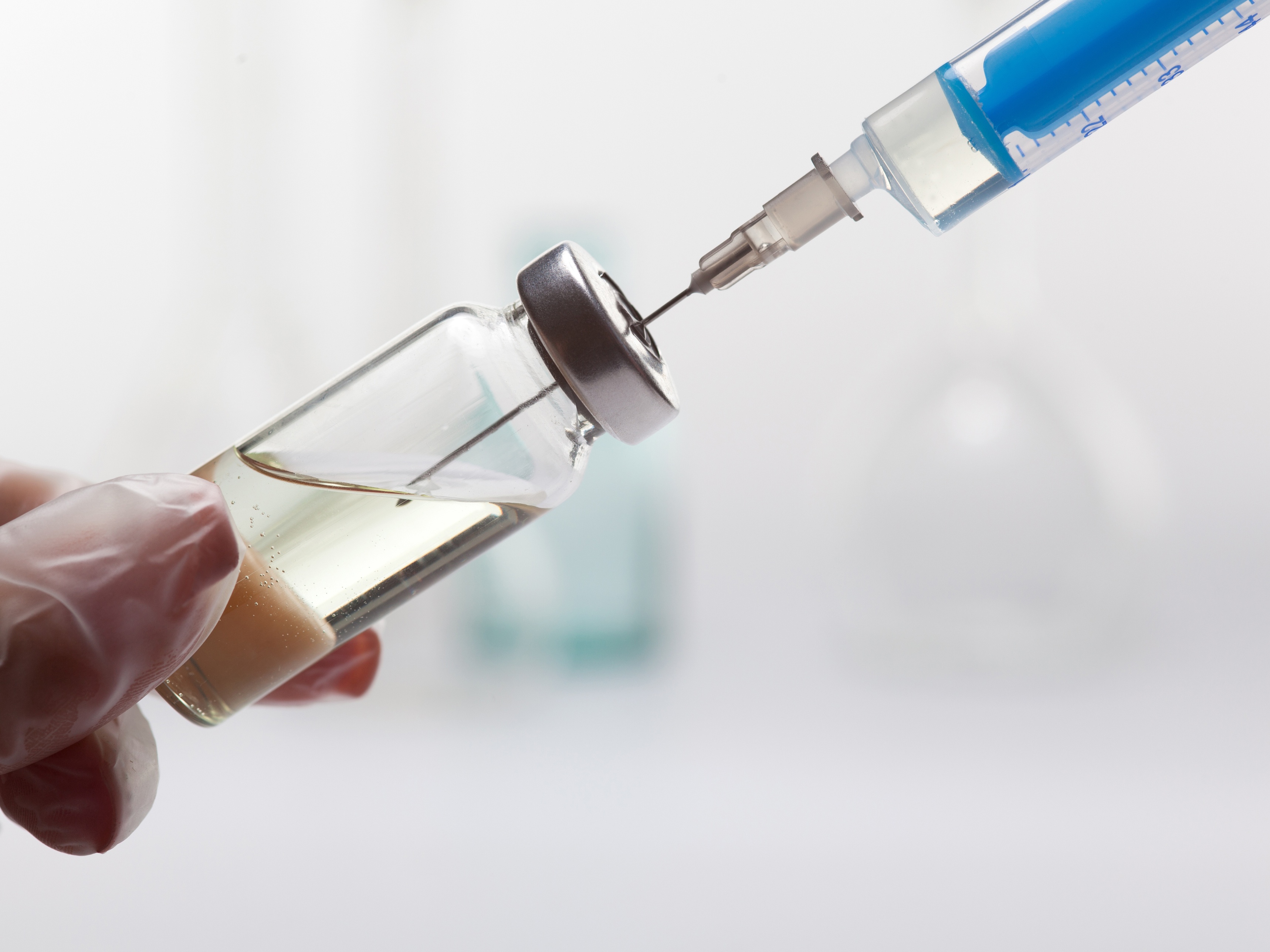The commercials may seem corny, but when former NFL quarterback Terry Bradshaw says, “Shingles is like being blindsided by a linebacker,” he’s not kidding.
Shingles is a painful, blistering skin rash that typically appears in one wide strip across the body. It causes intense pain and is accompanied by flu-like symptoms and can last 3-5 weeks or longer. Unfortunately, it often doesn’t stop there, says OMRF rheumatologist and researcher Eliza Chakravarty, M.D.
“Shingles can also bring on a common complication called post-herpetic neuralgia, or PHN,” said Chakravarty. “This can cause excruciating nerve pain with a persistent stabbing, burning pain where the rash occurs. That alone sounds bad, but Advil, Tylenol and narcotic mediations are ineffective in treating it.”
If that doesn’t sound awful enough, she said, it can last for months or even years. And, it can even return.
So how can you protect yourself? The short answer: get vaccinated.
The Food and Drug Administration recommends the vaccine for people age 60 and up, coinciding with the age where instances of shingles rise dramatically. After additional studies, the FDA has approved lowering the vaccination age to 50.
But why that age range? To answer that, you must know where shingles comes from.
“If you have had chickenpox — which nearly all of us have — the shingles virus is already in your body,” says Chakravarty. “It actually stays in your system forever, but when you’re young your immune system keeps the virus in check. As you age, your body begins to lose its defenses and that increases your likelihood of getting shingles.”
The vaccine itself, known as Zostavax, is a live attenuated virus, meaning it is made from a mutant version of the virus. No side effects are associated with the vaccine, but it isn’t uncommon to see mild swelling, soreness or itching at the injection site.
While the vaccine isn’t perfect, it does reduce your risk of developing shingles by 51 percent and your risk of PHN by 67. “Even if you still happen to develop one or both of these conditions, you’ll experience less severe symptoms if you’ve been vaccinated,” she said.
But the shingles vaccine isn’t recommended for everyone, including those who have weakened immune systems, are receiving immune-suppressing drugs, have certain cancers, or are pregnant or trying to become pregnant.
“If you are 50 or older, ask your doctor about receiving the shingles vaccine,” said Chakravarty. “It carries very few risks, and it could protect you from this horrible, painful illness.”



